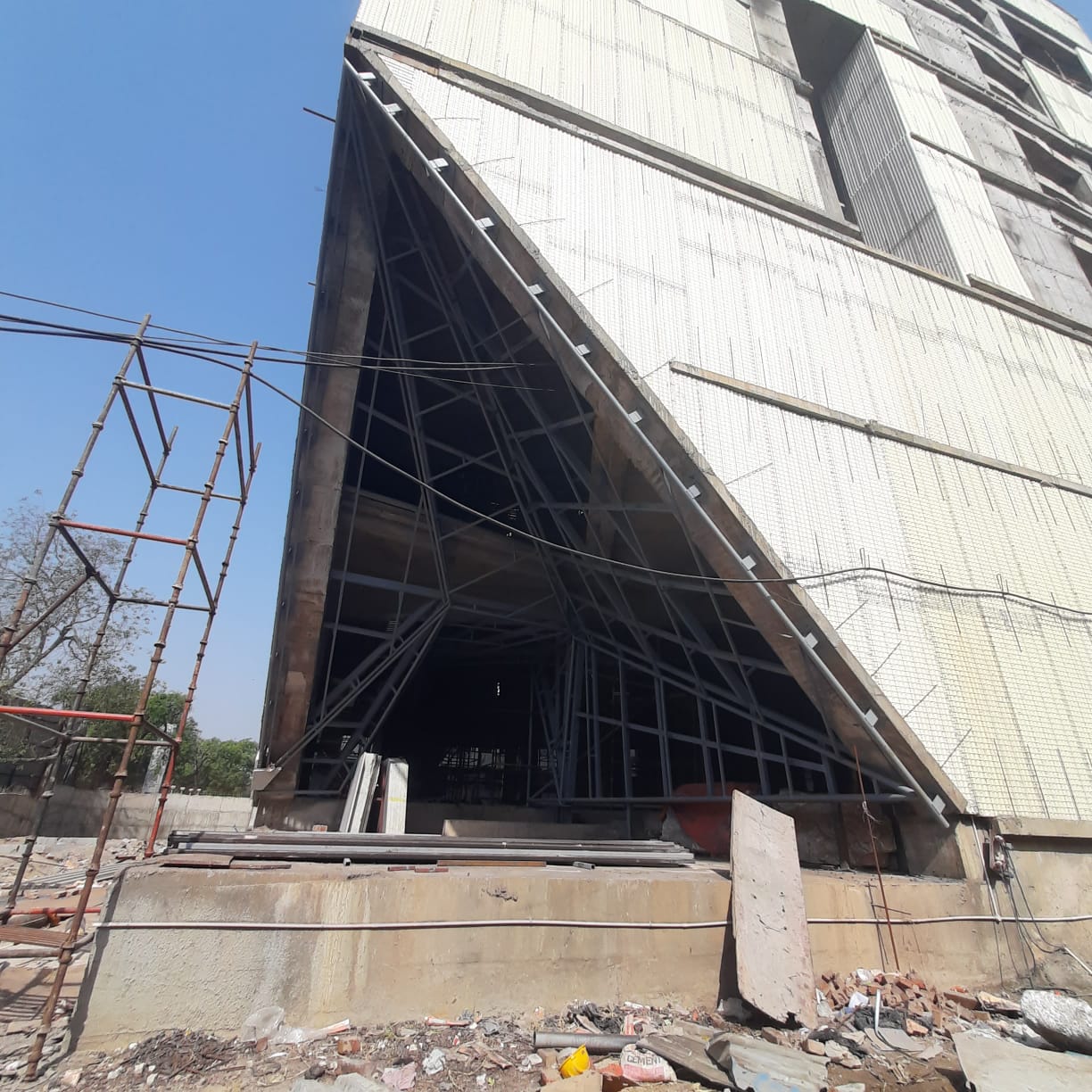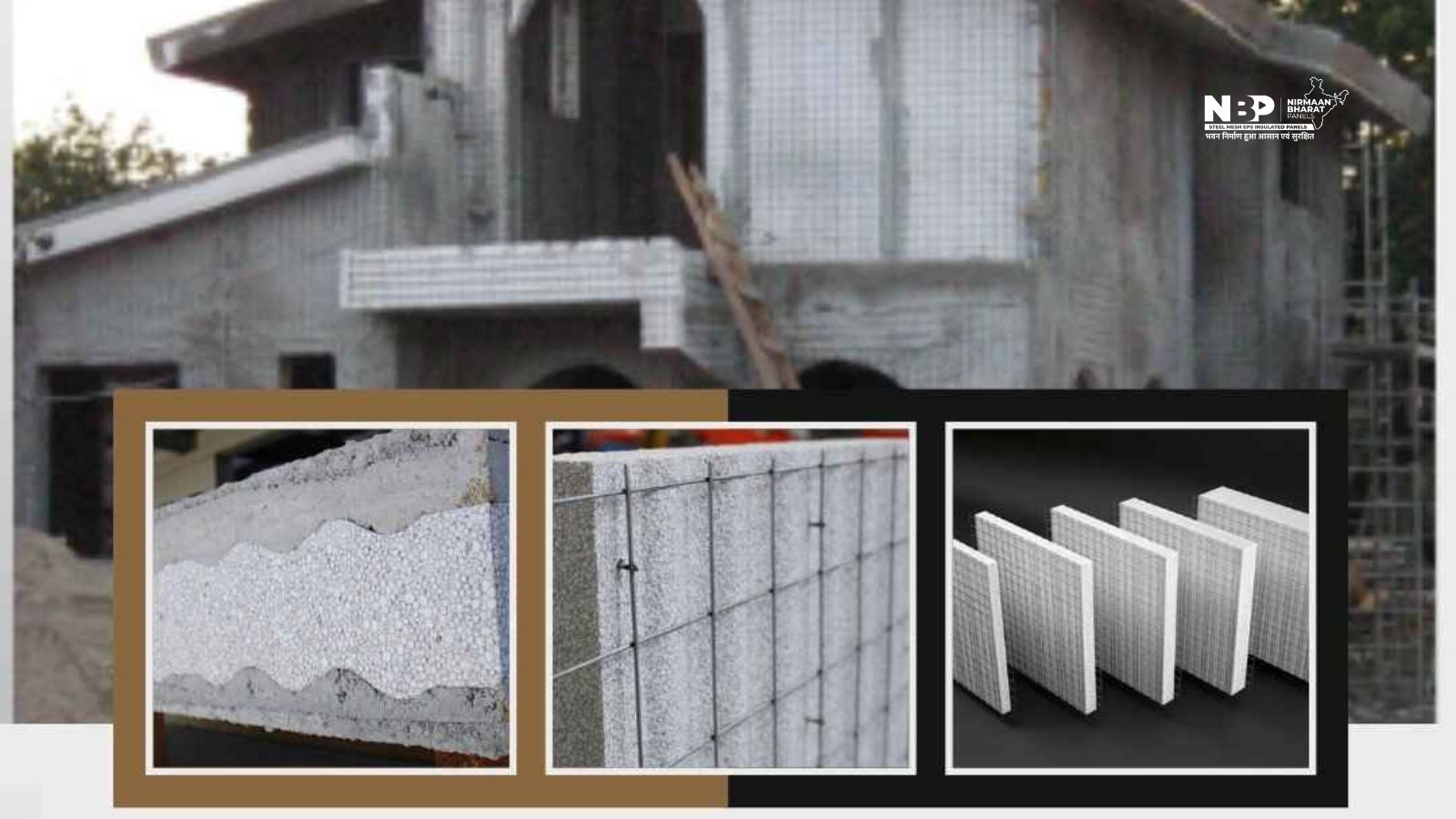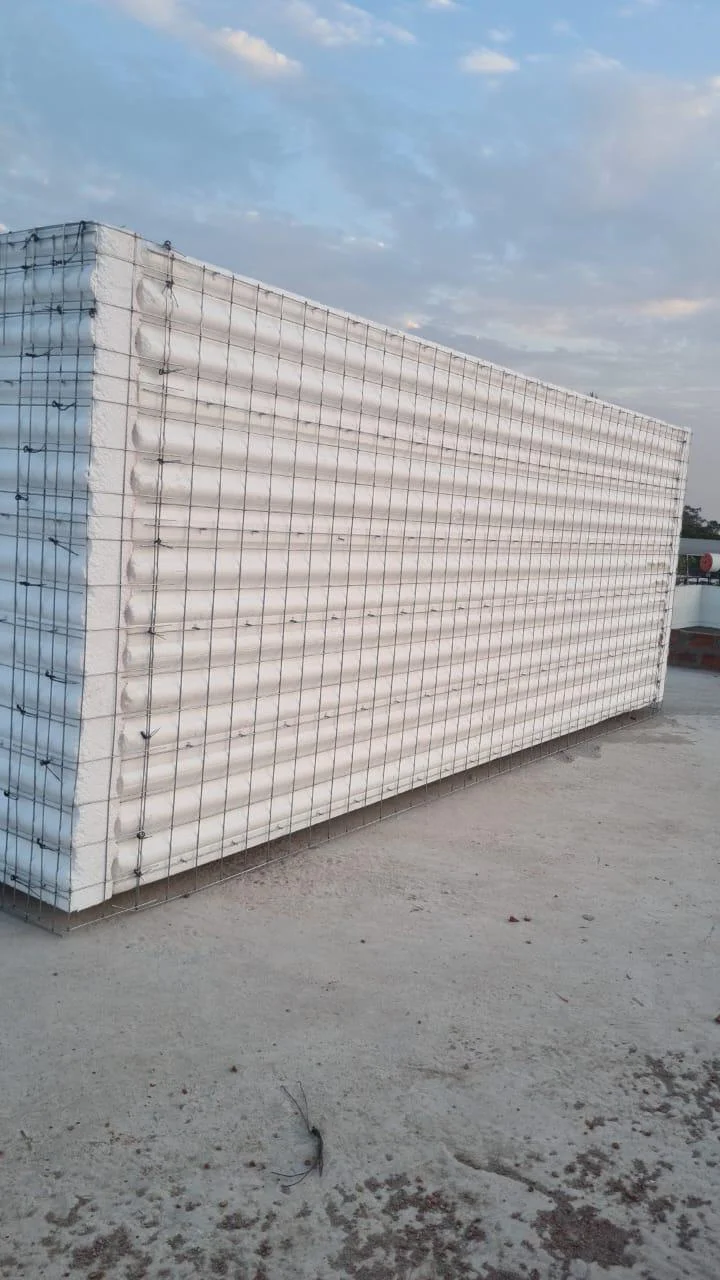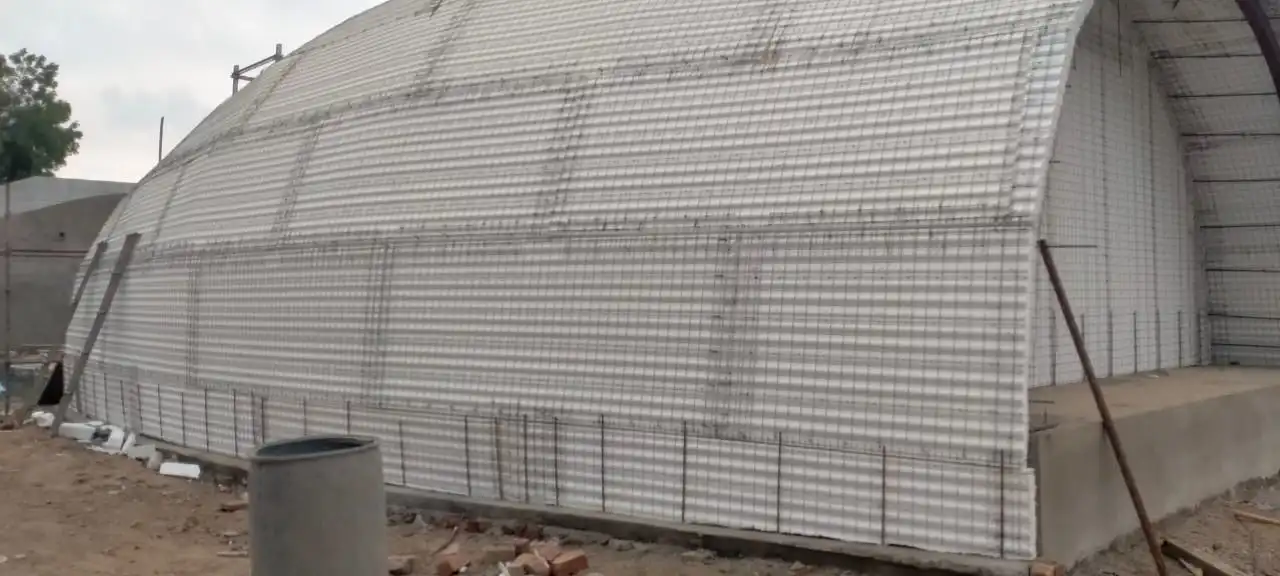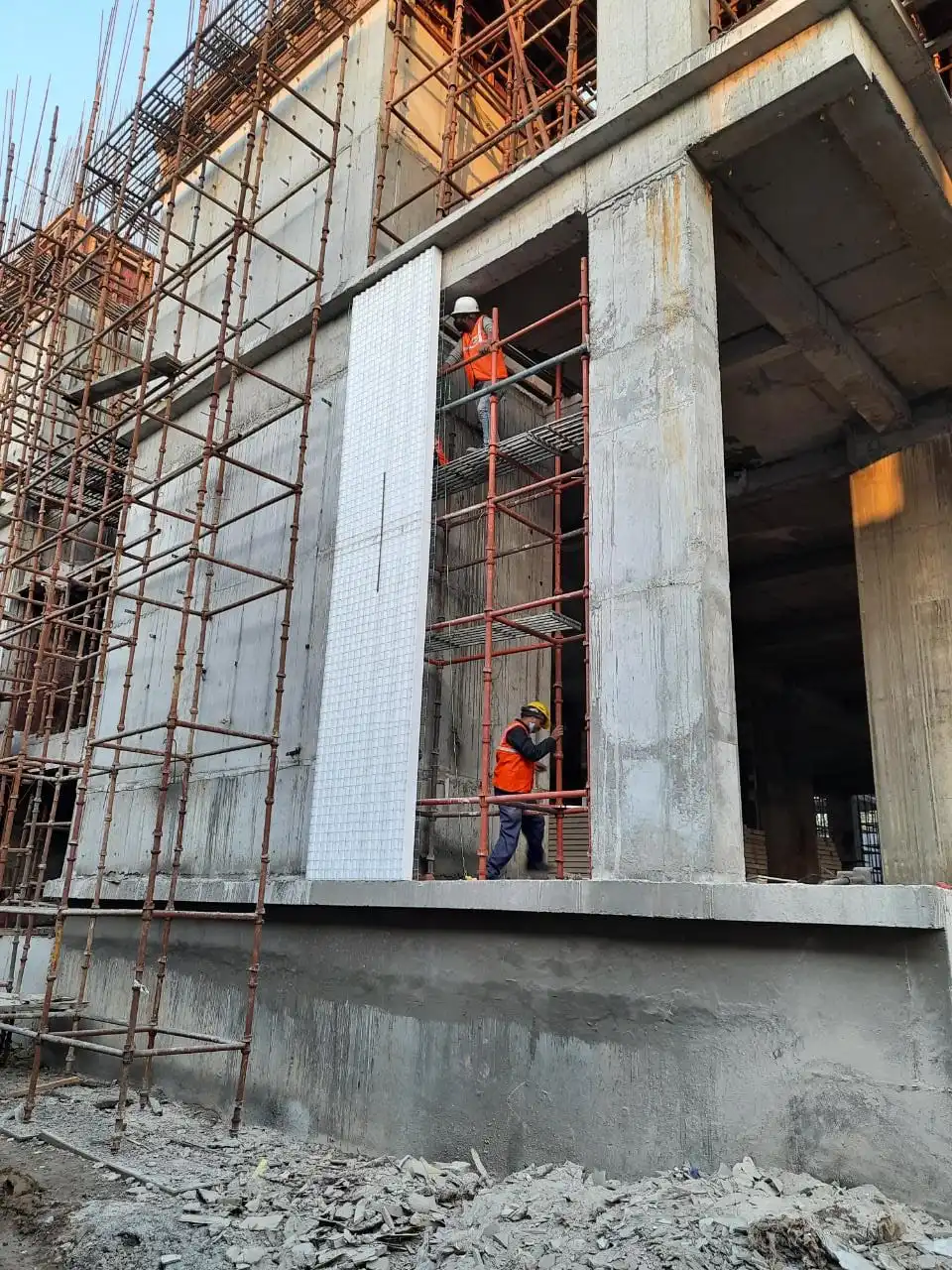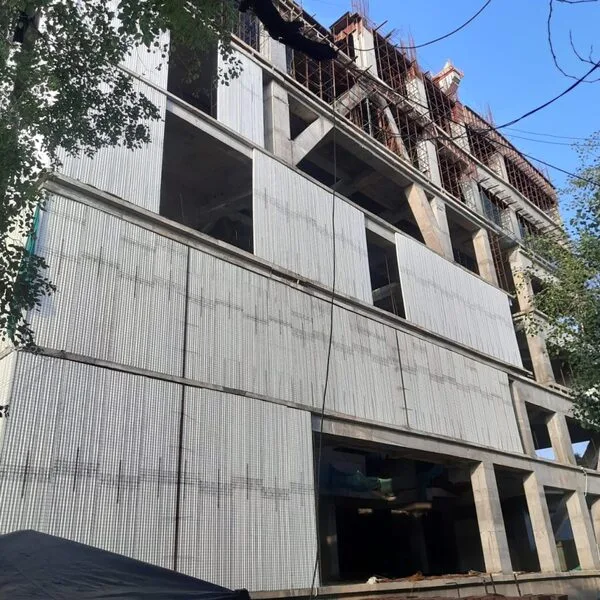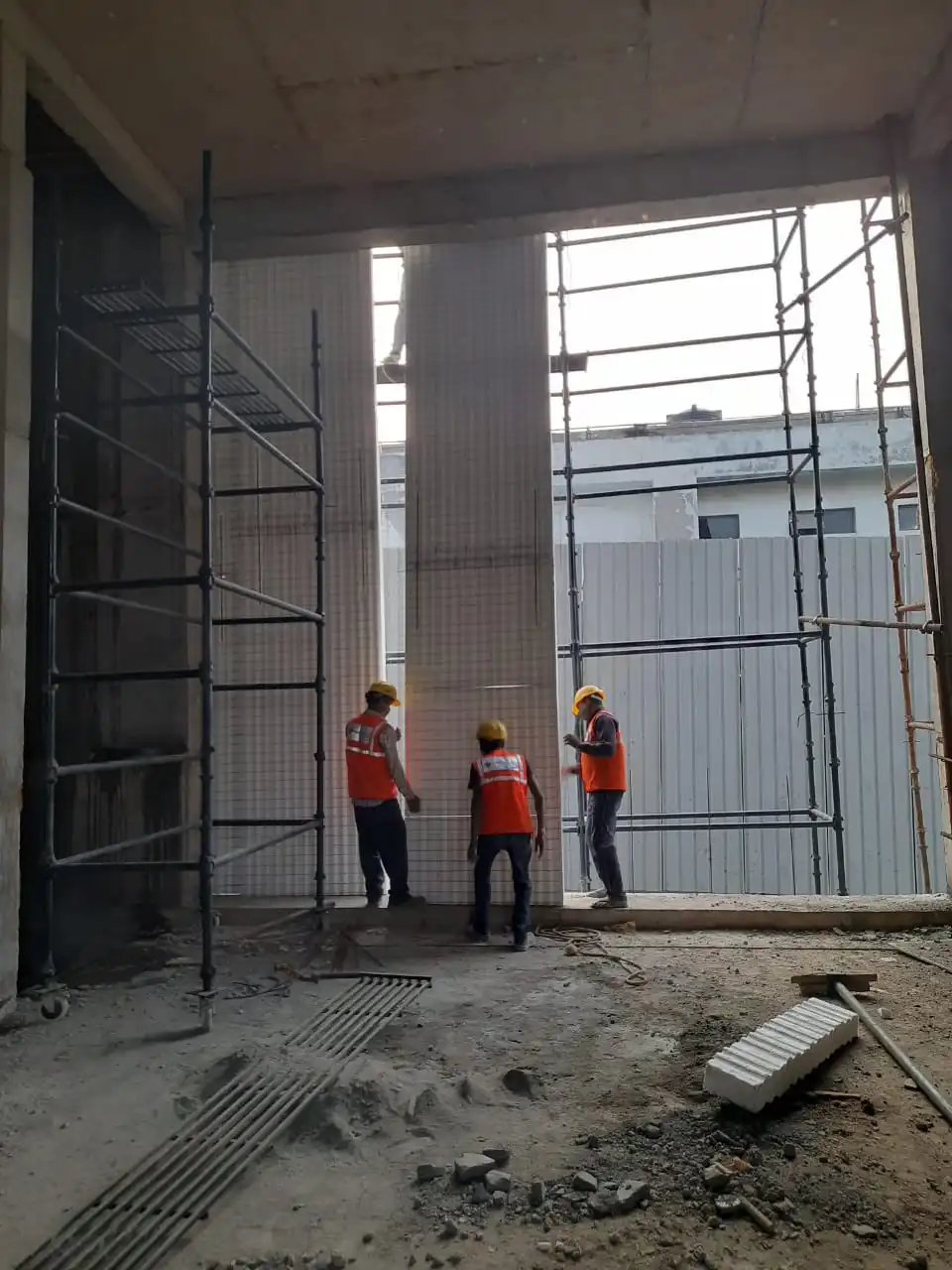In the dynamic world of construction and architecture, customization plays a pivotal role in bringing unique and sustainable solutions to life. Among the myriad of building materials available, Expanded Polystyrene (EPS) panels have emerged as a versatile and eco-friendly option. One of the most intriguing aspects of EPS panels is their adaptability to specific project requirements, allowing architects and builders to harness the benefits of customization for unparalleled project success.
Table of Contents
ToggleUnderstanding EPS Panels:
Before delving into the customization possibilities, it’s essential to grasp the basics of EPS panels. These panels are composed of expanded polystyrene beads fused together to form a lightweight, rigid insulation material. Known for their excellent thermal insulation properties, EPS panels offer a cost-effective and energy-efficient alternative to traditional construction materials.
Customizing for Project Specifics:
Size and Thickness:
EPS panels can be tailored to meet specific size and thickness requirements, ensuring a seamless integration into the project’s design. Whether it’s a large-scale commercial building or a cozy residential space, customization allows for precision in meeting structural needs while optimizing energy efficiency.
Density Variations:
The density of EPS panels can be adjusted to accommodate various structural demands. Higher density panels provide increased strength, making them suitable for load-bearing applications, while lower density options remain ideal for insulation purposes. This flexibility allows architects to fine-tune the material to specific project requirements, optimizing both performance and cost.
Shapes and Angles:
Unlike traditional construction materials, EPS panels can be easily molded into various shapes and angles. This enables architects to explore innovative designs that might be challenging with other materials. Customizing EPS panels in terms of shape and angles opens up possibilities for unique and aesthetically pleasing architectural expressions.
Surface Finishes and Coatings:
EPS panels can be coated or finished to meet specific aesthetic and functional needs. From textured finishes for a modern appearance to coatings that enhance durability, customization allows for a personalized touch that aligns with the overall design vision.
Fire Retardancy:
Customization extends to the fire retardant properties of EPS panels. Projects with stringent fire safety requirements can benefit from specially treated panels that meet or exceed regulatory standards. This level of customization ensures that the building not only meets design objectives but also complies with essential safety measures.
Integration with Other Materials:
EPS panels seamlessly integrate with other construction materials. Whether used as part of a composite system or in combination with traditional building materials, customization allows for a harmonious blend that caters to the specific needs of the project.
Conclusion:
In conclusion, the ability to customize EPS panels for specific project requirements marks a significant stride in modern construction practices. The adaptability of EPS panels extends beyond mere functionality, offering architects and builders a canvas to create structures that are both innovative and sustainable. As the demand for eco-friendly and energy-efficient building solutions continues to rise, EPS panels stand out as a customizable material that empowers creative freedom without compromising on performance or efficiency. Embracing the customization potential of EPS panels is not just a trend; it’s a transformative approach that leads to the realization of architecturally distinctive and environmentally responsible projects.


